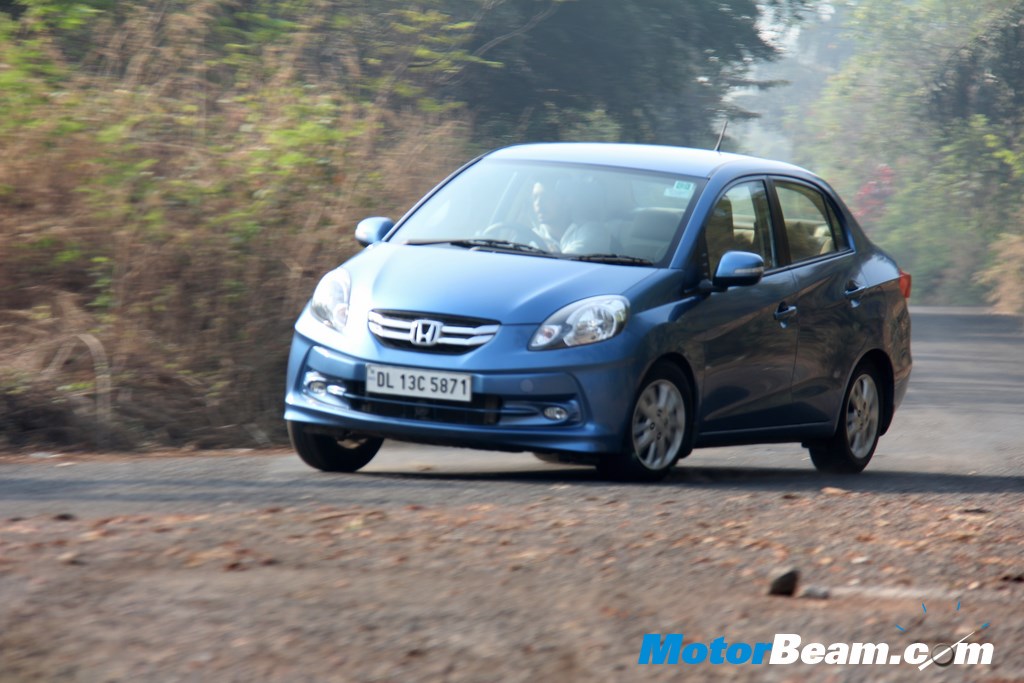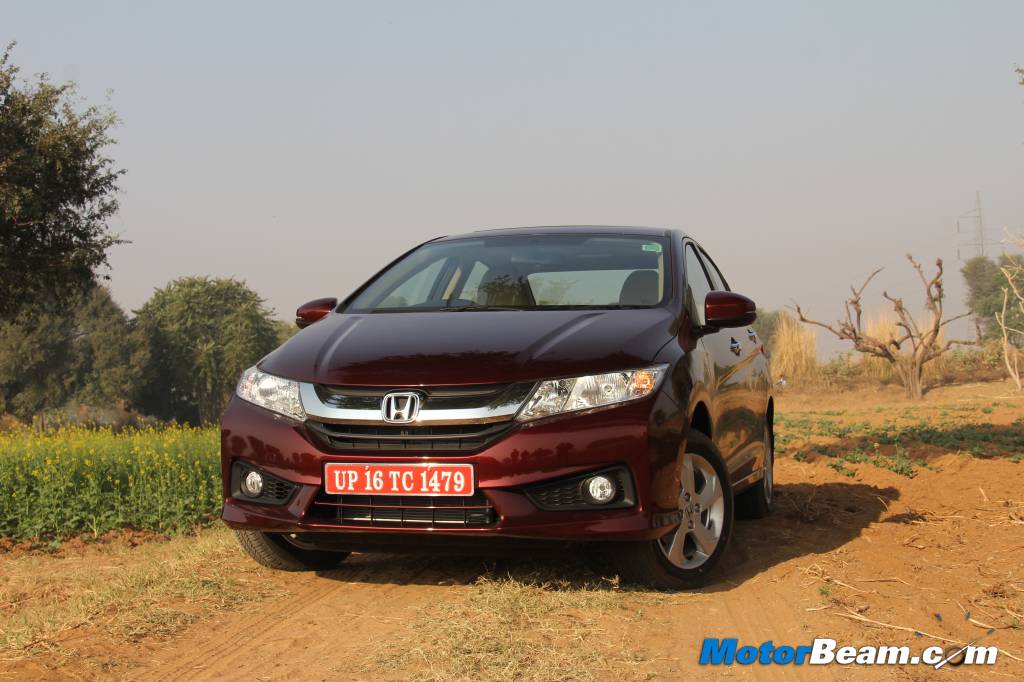In a recent statement, Honda said that cars are more taxed than cigarettes in the country. While the statement may not be politically correct in most ways, it does describe the high incidence of taxation on the automobile sector. Even though a cigarette and a car share very few similarities, cars are subjected to a number of taxes considering it is regarded as a luxury product in our country, while cigarettes are just plain harmful.
Once a vehicle has left the factory after production, the car is subjected to an additional array of taxation which includes excise duty, CST, calamity tax, education cess, VAT and road tax. Moreover, there is no uniformity in rates of taxes across different states. While in some places the VAT rate is 12.5 percent, in other places it will be charged at 14.5 percent. Road tax too varies from 4 percent to 16 percent across different states. A car worth Rs. 4 lakhs at factory cost, retails at Rs. 5.5 lakhs due to most taxes. The rising fuel prices too have been of huge influence in what the market adopts. However, there has been no stability in the prices of petrol or diesel.
In the case of diesel, there is no clarity on the subsidy being given. With most companies having invested heavily on diesel powered cars, a paradigm shift back to petrol would mean restructuring the complete alignment leading to losses. Several manufacturers are holding back plans (read Tata with the Nano diesel) to bring diesel powered models or to invest in diesel technology as the government seems to be indecisive. The ignorance is pretty much the same with petrol and CNG as well. Even with the gap between petrol and diesel prices closing in, the fluctuation in prices every month does not seem to stabilise.
The excise duty cut offered in February earlier this year to help the automotive sector grow once again has been a major dud as well. The buyer sentiment has been largely the same and customers are postponing purchases, post elections. The overall market sentiment has been negative too. Manufacturers want a more stable government which will bring more stability in the taxation policies that needs to be introspected at the earliest.





